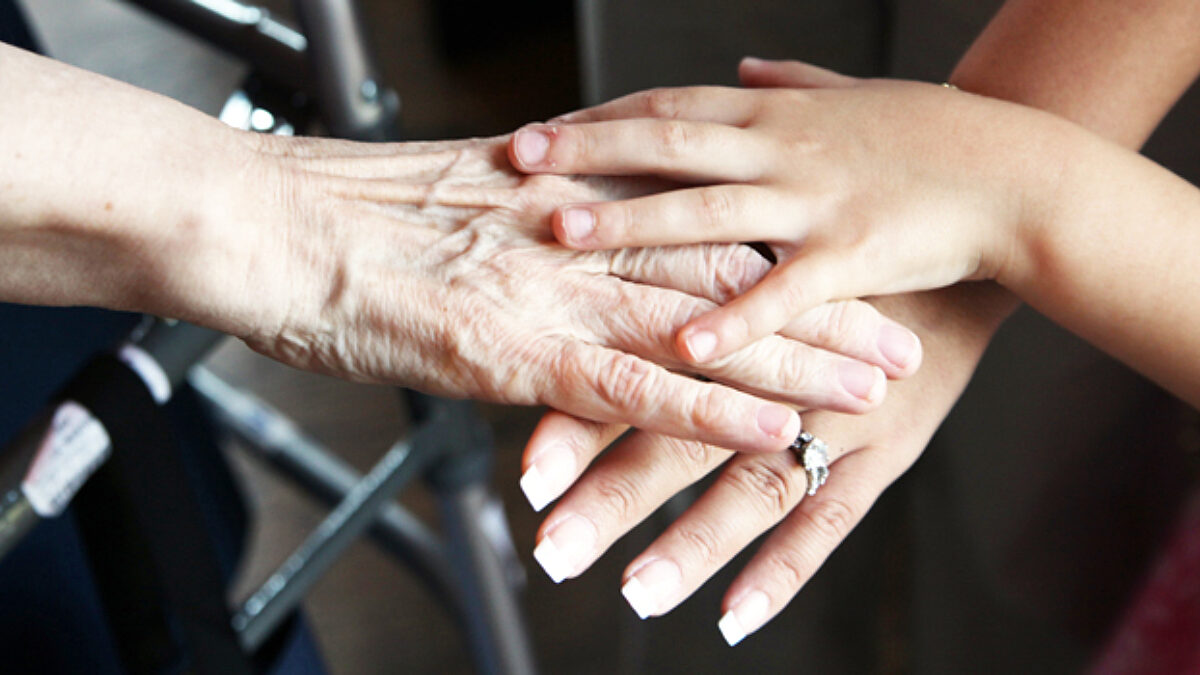
God called, women answered: United Methodist Women celebrate 150 years of pressing against limits, pushing toward tomorrow
By Jessica Brodie
GREENVILLE—One step, one boundary, one risk at a time. For 150 years, United Methodist Women have been at work, pressing against limits and pushing toward the future.
Now, a century-and-a-half after they began, those small steps have resulted in transformative, significant achievements for women, children and youth across the world.
“God called, and women answered!”
That was the resounding word from Harriett Jane Olson, general secretary and chief executive officer of National United Methodist Women, who spoke to hundreds who gathered for the South Carolina United Methodist Women’s 47th annual meeting Oct. 25-26.
Olson, whose talk Friday night at Buncombe Street United Methodist Church drew a standing ovation, brought a word on the limitless possibilities of what strong, committed Christian women can achieve when they come together in solidarity with Christ at their center.
Olson lifted up story after story of all United Methodist Women have done since their nascent start on a rainy night March 23, 1869, when a handful of women came together at Tremont Street Church in Boston to form the Woman’s Foreign Missionary Society of the Methodist Episcopal Church. Today called United Methodist Women, the organization has 800,000 members and is the largest denominational faith group for women in the world.
“We could write books of stories of their amazing accomplishments, women called to mission who were not welcome to speak in their own churches, and yet had an unbelievable impact on women, children and youth in our own communities in the United States and around the world,” Olson said.
She shares some of the impacts: Bringing the Gospel to Korea through women whose culture dictated couldn’t even have their own given names. Supporting a mission in Japan during a time when our own government was rounding up Japanese Americans as enemies of the state. Starting orphanages and providing critical healthcare in places of dire need, sometimes right here in this nation.
Olson noted the theme for the annual meeting, “Celebrating 150 Years of Limitless Possibilities,” was almost ironic, for as she said, “As we tell these stories, we’re aware no one ever in the United Methodist Women’s history experienced resources as being unlimited. No one ever said, ‘What are we going to do with all this money?’ ‘How are we going to train all these new women, and all of them want to be leaders?’”
In fact, Olson said, if we are to read back over the journals and reports across that 150-year history, we see time after time people said far different things: Who will follow this missionary? Who will we train? How will we get the young women who will participate?
While Olson said some of the United Methodist Women’s foremothers were certainly visionary, optimistic and faith-filled, seeing God guiding their work step by step, most just saw the need right in front of them and did what they could to help, persistently and doggedly taking one small step at a time.
“They saw one possibility or a handful of possibilities, and they did the next right thing,” Olson said. “I suspect they were not aware the possibilities were actually limitless. I suspect they felt the pressure of funding, the pressure of not being sure who would respond to the call.”
But they did respond, Olson said, “Persistently, pressing for the next possibility and the possibility after that. When they took the first risk, and then the next, and suddenly, they were in a place they never expected to be.”
That is how Olson expects the next 150 years of United Methodist Women to be: Opening hearts to the world right in front of us, persisting in our efforts, moving into needs we can see and taking us to the next right step.
“We don’t know what is possible, except we know that all things are possible through God who strengthens us,” Olson said to applause and amens. “We know with whom we walk. We know who calls us. And we know that God loves the world, the broken world, the world we can see.
“The possibilities are limitless, and the resources can be built.”
She noted combatting cultural norms has always been a part of United Methodist Women’s work, including in this 150th year.
“Women are still being told they are not qualified to teach theology or to preach,” Olson said, noting the reports of sexual harassment and sexual abuse that are being shared as part of the #MeToo movement.
But, Olson said, “When we work together in a broken world it’s significant.”
She urged attendees to push the boundaries of culture, knowing the culture of this world is not the culture of God’s kingdom.
“Open your hearts to the way God is calling us to be constant in prayer for the world that needs to know the Lord so deeply,” Olson said in closing. “For the past 149 years we’ve responded. In this year, this our 150th year, we’re also responding. And with God’s help we will continue to be faithful to the call.”
Olson’s message was part of a two-day event that also featured worship, business, election of officers and workshops on everything from combating human trafficking to prison ministry to education to how to prayer-walk our cities.
Bishop L. Jonathan Holston, in his closing remarks after communion Friday night, lifted up the work of the women as they mark their sesquicentennial, and encouraged them in the many ways they are pressing on to do God’s work.
For more on the work of United Methodist Women, as well as information on upcoming educational and mission events, visit www.umcsc.org/discipleship/united-methodist-women/.